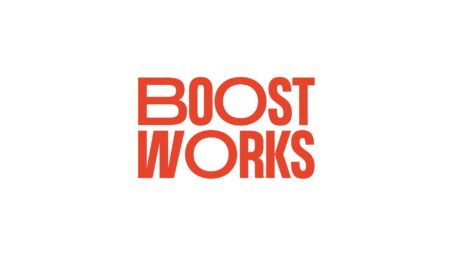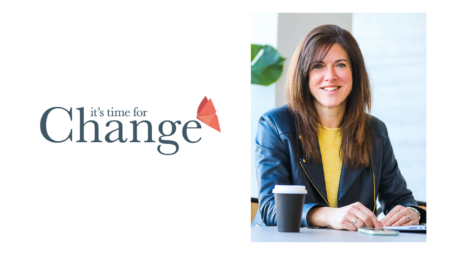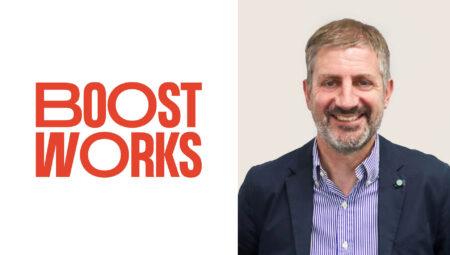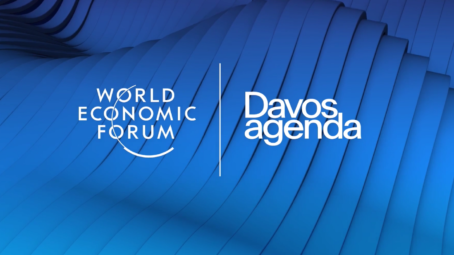
How to improve workplace wellbeing with a disparate workforce
Homeworking has been a growing trend for several years, but now, with social distancing a priority against the backdrop of Covid-19, a more flexible working business model is the new norm for many organisations. Written by Sridhar Iyengar of Zoho Europe.
Looking towards a post-Covid future, many employees will stay working from home on a full-time basis, and many will return to the office. However, it is likely that the preferred and most popular approach will be to adopt a hybrid model, whereby companies will employ a part-office, part-remote rota.
With so much disruption to routine and regularity, and with many working from home for the first time, how can both employers and employees ensure they have a healthy work environment and the now disparate ‘workplace’ offers ‘wellbeing’ to those within it?
Today, workplace happiness is a key priority which must be considered by employers, particularly because job candidates and customers look much more favourably upon companies which treat their staff well. This does not necessarily mean that an employee must offer gym membership or private healthcare schemes, but, opening up the right communication channels, and offering an outlet for colleagues to communicate, engage and even complain to one another, is absolutely imperative, especially amongst the current world climate.
At Zoho, from day one we have sought to be a more human employer. Offering the right tools and a supportive culture is part of our DNA. This was an intended goal of ours – it is the kind of organisation we want to be. Generally, the more employers look after their employees, the more they will get from them in terms of productivity and loyalty. All important things which drive a company’s success, and all the better if the journey to success is a happy one for all involved.
Employers must value what their teams are doing and at Zoho, we say, ‘if you take care of your employees, they will take care of the customer’. Employers can help to make sure their employees are doing well during such a disruptive time by implementing the right tools, the right culture, and the right leadership.
Tools
Employees must be able to continue to operate as they would in the office seamlessly, both for their productivity and so they know they can reach their goals without being slowed by the wrong tools. Tools become important too, for seamless switching between home and office working. We use our own toolset at Zoho, which offers everything needed to run a business no matter where you are. All our employees were asked to work from home, even before Government advised us to, since early March, and we have had no interruption to our business.
The right tools can connect colleagues and help employees get their work done on time, to feel work satisfaction. Zoho tools encourage motivation because if an employee feels their job has become more difficult from working from home, they will become frustrated.
Culture
The appropriate technology and tools cannot work without effective implementation. To be successful, organisations must build a culture based on trust, with strong focus on team working. A good company culture, coupled with the right technology, will result in collaboration that is just as effective as it was in an office environment. A supportive culture will work better with more individual and team updates and check-ins at home. This does not mean to ‘check-up’ on productivity, but to offer support and guidance and make sure employees are coping well emotionally too. Some organisations might want to set up support lines offering counselling and guidance to those who find themselves struggling. For example, a worker may get most of their social interaction through work and if they are a single person household, may feel more isolated during these times.
Leadership
Leaders must take a more human approach. Homes are not always the most conducive environments to work within. Employees may have other pressures at home or may not have the space to set up a home desk area. More flexibility, understanding and support is needed by all leaders to enable a happy, healthy, and likely more productive workforce. Leaders must be open to adaptation especially throughout this period.
New recruits
A different approach may need to be considered for new recruits. While we are in the middle of a pandemic, face to face interaction for new employees joining the team is vital – even if just for a few hours once a week. For new team members, it is especially important to know about the company and the culture so that they can align with it. Recently, we inducted four new team members in Europe, and we are now doing all we can to ensure communication is a top priority. Existing teams can manage without constant face to face interaction, but for new employees it is important to recognise the need for some interaction and guidance. The best method in the long term is a balanced approach, otherwise you risk having a team that may have great skills, but are not aligned culturally, which can provide a stability risk in the longer term.
When it comes to remote working, people can work from anywhere using Zoho tools. We use our own technology with our workforce of over 9,000 around the globe, and we can easily operate with a sense of normalcy. We have found that when offering great products and helping customers – location does not matter. If companies employ more collaboration tools and human resources applications, they will be able to integrate wellbeing applications to effectively support remote workers through difficult and uncertain times. Now that employee wellbeing is in the spotlight, every company, large or small must move with the times and find new ways to collaborate.
Watch Sridhar’s talk from our B4 ONE: Workplace Wellbeing event (30th September 2020) below:
About Zoho
Zoho offers a unique and powerful suite of software to run your entire business, brought to you by a company with the long term vision to transform the way you work. Find out more here.
More in Workplace Wellbeing

Lost in Translation? Employees says CEOs Don’t Speak Their Language of Appreciation
Boostworks study reveals 65% employee dissatisfaction rate with
current benefit programmes

Psychological Safety: What does this mean, what should this look like...
At our last B4 People Ecosystem, Lisa LLoyd of It’s Time for Change shared the following report:

Boostworks Appoints Former Vodafone Board Director as Executive Chairman
Mark Bond, previously Head of Customer Operations at Vodafone leads Boostworks Board
From this author

Comment: Davos Virtual Forum – Building Future Preparedness
Sridhar Iyengar, MD for Zoho Europe comments on the Davos Virtual Forum – Building Future Preparedness which took place on 21st January 2021.

Is your business ‘Plan B’ ready?
‘Plan B’ measures have been discussed and delayed for a number of weeks already, but recent reports indicate that Boris Johnson may ‘trigger Plan B in days’.

Remote employee ‘surveillance’ is dangerous territory
More bosses are using software to monitor remote workers and this morning, the BBC reported that electronic monitoring of home workers by companies is rising sharply, a survey suggests. The government is being urged to toughen the rules – and ban most webcam use. Sridhar Iyengar, MD for Zoho Europe comments…


